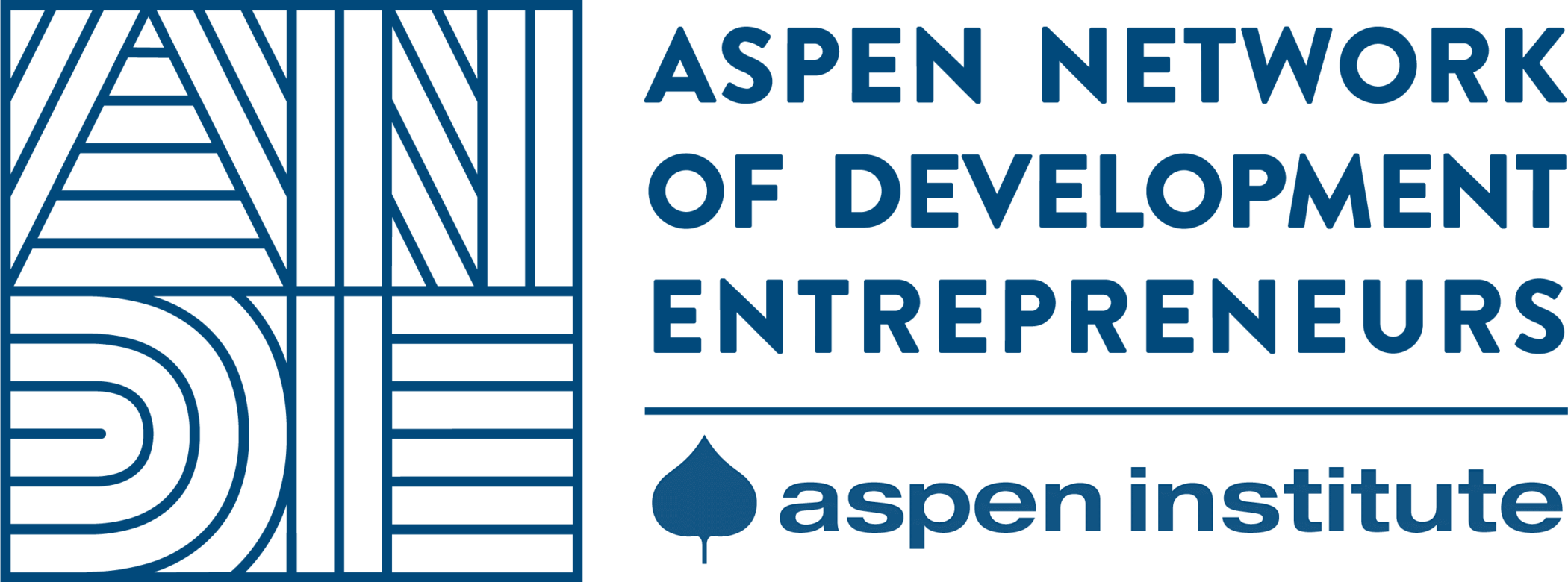Pensar y reflexionar para cambiar


Pensar y reflexionar para cambiar


Earlier in April, The Aspen Institute Italia celebrated its 16th Annual Seminar on Values and Society. This Seminar brought together young leaders from around the world to discuss fundamental questions that have faced us for millennia: How and for what good should society be organized? What is the source of right action? When are laws just and when should they be changed?
For four days, I had the privilege of attending this Seminar on behalf of The Aspen Institute México, where we not only read a series of classic texts, from a diverse set of voices, such as Aristotle, Hobbes, Woolf, Said, and King, but also discussed our insights with others from Italy, Egypt, Singapore, and the Ukraine. We were, as readers and discussants, both joining in a conversation with these great minds from the past while also joining in a present journey of inquiry with ourselves and each other.
What surprised many of us was the degree to which these timeless questions regarding a society and its foundational values resonated in our current circumstances. We drew upon the texts and our own particular experiences to enrich our understanding of what it means to be in a society and how to interact with others, both near and distant. Individually and collectively, we considered the nature of and challenges to this interaction, in one case discussing the frequent clash of values found in natural and human centered, civic laws.
Interestingly, the Seminar and this particular discussion mirrored many of the questions that we at the Hunt Institute are working on in the Paso del Norte region, in the heart of the US – Mexico border. Here, many communities in Chihuahua, New Mexico, and Texas, all converge in a narrow river pass along the Rio Grande, along a continental trade route that provides strategic, efficient passage to both Atlantic and Pacific ports. For the great logistical value this pass has offered over the centuries, distant powers have fought to enforce their own laws and civic structures in this valley and the Paso del Norte is currently divided between two countries, three states, and many more counties and cities. At the same time, due to ever increasing binational flows, the communities in these states and countries inhabiting the pass have grown greatly in size and activity. Over 2.5 million people now live in Ciudad Juárez, El Paso, and Las Cruces—though all remain separated by the divergent laws that the constituent governments apply, complicating what has flowed naturally through the pass with seemingly incommensurable civic barriers.
These civic divisions here arise from a division of values, inhibiting cooperation and presenting a vital challenge for the region that has grown in such size and significance. Without finding mutual values, the communities in Chihuahua, New Mexico, and Texas would struggle to maintain their resilience. Daily movements would become unbearably onerous, efficient use of resources would disappear, and the general welfare would steadily worsen. Unified in their origin and future, but separated civically, the transboundary communities of the Paso del Norte can only solve challenges and leverage opportunities by discussion and acting collaboratively upon mutually grounded values, thereby safeguarding their general well-being.
The Values and Society Seminar in Italy was a rare opportunity to practice this type of discussion, and to bring this practice back to my community in the Paso del Norte. In one of the last readings of the seminar, for example, Socrates compares the individual to the city, reminding us of the essential relationship between personal and civic values, and between the part of society and the whole. We can see the opportunity, then, that we all have to further our well-being through the discussion of values, and their consequences, in our own societies and communities. But more importantly, we also see, in this way, not only how the Paso del Norte can strengthen its own communities through robust and sustained discussion, but also how it can serve as an inspiration to communities throughout Mexico and the United States.
Patrick Schaefer, Director Ejecutivo del Hunt Institute for Global Competitiveness
ARTÍCULOS RELACIONADOS
3 agosto, 2020
3 agosto, 2020
3 agosto, 2020
3 agosto, 2020